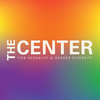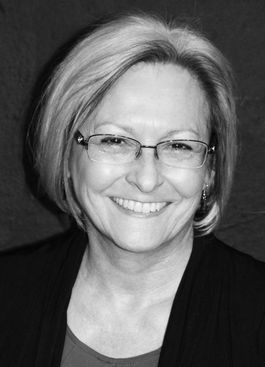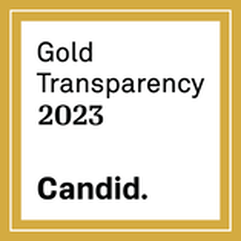The Center for Sexuality & Gender Diversity (The Center) is a Community-Based Organization and 501(c)(3) nonprofit organization serving the 2SLGBTQIA+ community in Kern County.
Receive Monthly UpdatesWe have so many exciting things going on, be the first to find out!
|
Helpful Links |
Get Involved |
Contact Us |
Certified as Financially Sound and TransparentEIN: 45-3709449
|
|
© The Center for Sexuality & Gender Diversity 2018
|



 RSS Feed
RSS Feed


